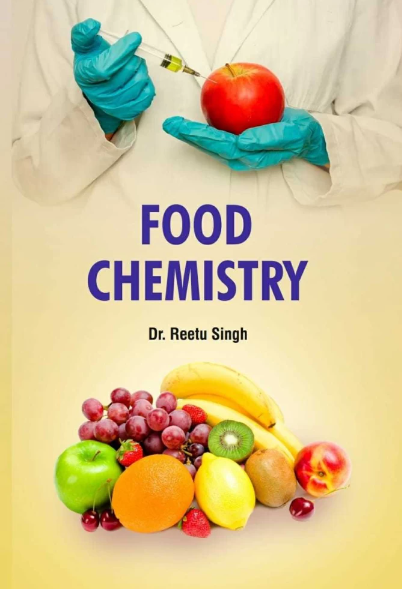Sodium alginate hydrogel beads loaded with clove essential oil liposomes: Preparation, characterization and fumigant activity
IF 8.5
1区 农林科学
Q1 CHEMISTRY, APPLIED
引用次数: 0
Abstract
This study successfully developed a stable and effective delivery system for clove essential oil (CEO) using combination of liposomes and hydrogel beads via thin-film hydration method. Chitosan (CH) was incorporated for protection, and β-cyclodextrin (β-CD) was used in combination with sodium alginate and calcium ions to form the hydrogel beads. The liposome encapsulation efficiency of CEO was 87.26 % and loading efficiency was 27.08 %, while the hydrogel beads (HB) were 71.78 % and 14.35 %, respectively. The incorporation of CH and β-CD into sodium alginate hydrogel beads improved the thermal stability of CEO. The HB displayed excellent slow-release properties, retaining 22.47 % of the essential oil after 30 days of storage. The hydrogel beads facilitated a gradual release of CEO over 24 h, minimizing direct cellular exposure and mitigating toxicity. CEO exhibited fumigant toxicity towards Sitophilus oryzae adults, and the slow-release HB maintained a lethality rate of 11.11 % to S. oryzae adults after 30 days, which inhibited the activities of detoxification enzymes, acetylcholinesterase, and antioxidant enzymes. This delivery system provides a foundation for developing eco-friendly and effective pest control solutions using essential oils encapsulated in liposomal hydrogel beads.


本研究采用薄膜水合法,将脂质体和水凝胶珠结合使用,成功开发了一种稳定有效的丁香精油(CEO)给药系统。脂质体中加入壳聚糖(CH)进行保护,β-环糊精(β-CD)与海藻酸钠和钙离子结合形成水凝胶珠。CEO 的脂质体包封效率为 87.26 %,负载效率为 27.08 %,而水凝胶珠(HB)的包封效率和负载效率分别为 71.78 % 和 14.35 %。在海藻酸钠水凝胶珠中加入 CH 和 β-CD 提高了 CEO 的热稳定性。HB 具有出色的缓释特性,储存 30 天后仍能保留 22.47% 的精油。水凝胶珠有助于 CEO 在 24 小时内逐渐释放,最大程度地减少了直接接触细胞的机会并减轻了毒性。CEO 对嗜线虫(Sitophilus oryzae)成虫具有熏蒸毒性,缓释 HB 在 30 天后对嗜线虫成虫的致死率保持在 11.11%,它抑制了解毒酶、乙酰胆碱酯酶和抗氧化酶的活性。这种递送系统为利用脂质体水凝胶珠包裹的精油开发环保、有效的害虫控制解决方案奠定了基础。
本文章由计算机程序翻译,如有差异,请以英文原文为准。
求助全文
约1分钟内获得全文
求助全文
来源期刊

Food Chemistry
工程技术-食品科技
CiteScore
16.30
自引率
10.20%
发文量
3130
审稿时长
122 days
期刊介绍:
Food Chemistry publishes original research papers dealing with the advancement of the chemistry and biochemistry of foods or the analytical methods/ approach used. All papers should focus on the novelty of the research carried out.
 求助内容:
求助内容: 应助结果提醒方式:
应助结果提醒方式:


